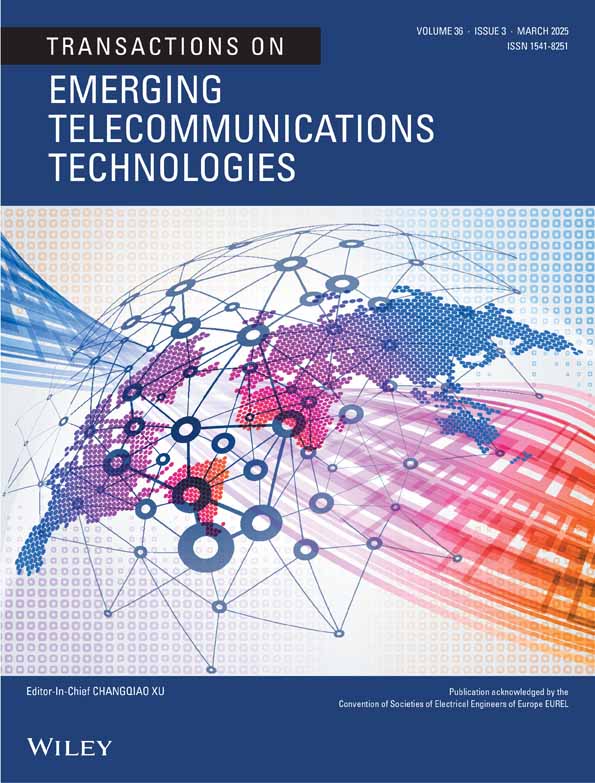Fault Classification and Detection in Transmission Lines by Hybrid Algorithm Associated Support Vector Machine
Funding: The authors received no specific funding for this work.
ABSTRACT
This work proposes a unique machine-learning method based on optimization for the categorization and identification of defects in transmission lines. The novel hybrid optimization algorithm termed as the Chimpanzee inherited Squirrel search strategy (CI-SSS) optimization technique is used in the proposed approach. The proposed CI-SSS algorithm inherits the concept of chimps and squirrels in attaining their food with remarkable intelligence. The proposed approach involves optimizing the SVM's parameters to improve the proposed model's accuracy in identifying and classifying transmission line faults. The accuracy and error metrics of the suggested method is studied. The accuracy CI-SSS is 98.82%, which is 11.35%, 5.41%, 0.84%, and 9.55% higher than methods, like GWO, DA, SSA, and CH, correspondingly. Similarly, the measure of MAE using the proposed CI-SSS-based SVM model is 0.0104, which is 84.5%, 87.7%, 85.73%, and 62.85% finer than the traditional methods, namely GWO, DA, SSA, and CH, respectively. Hence, the suggested strategy offers improved performance in classifying and detecting transmission line faults.
Open Research
Data Availability Statement
Data sharing is not applicable to this article as no new data were created or analyzed in this study.




